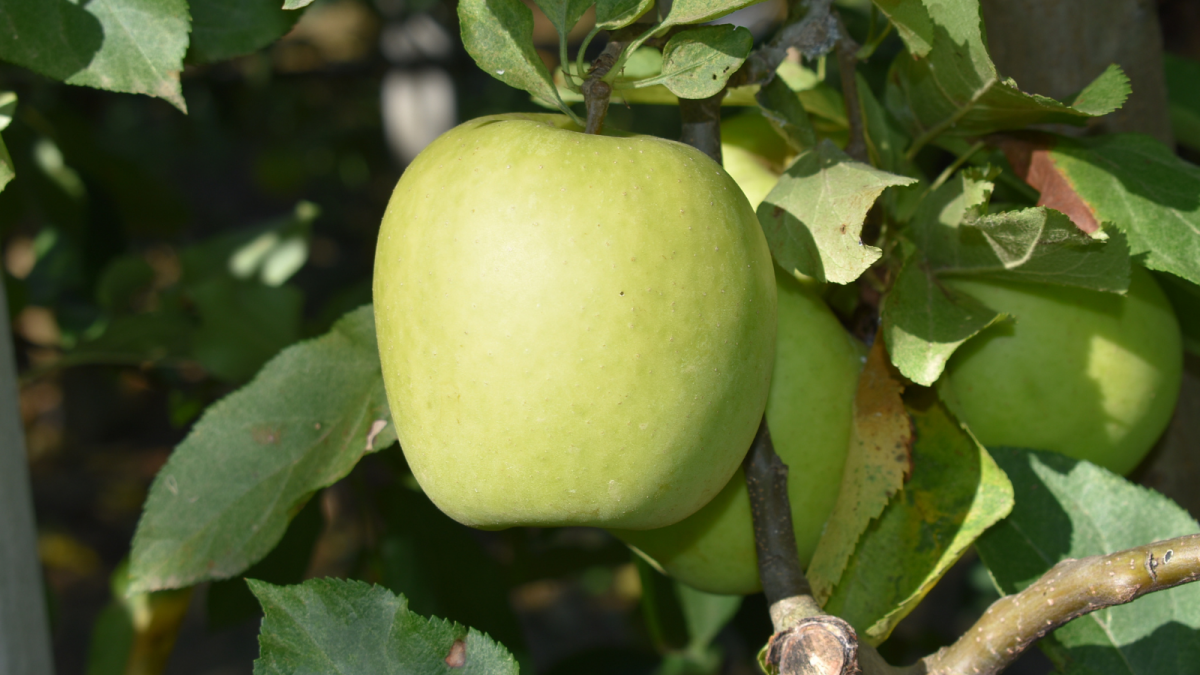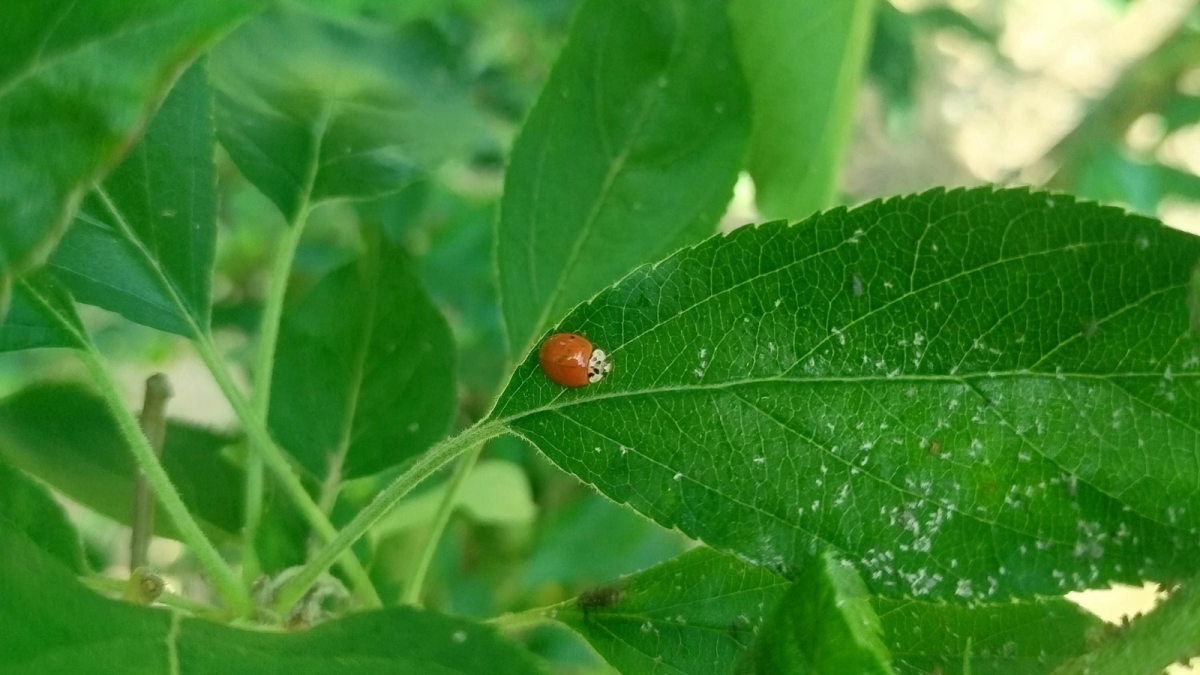If there is one apple that has won the hearts of our home cooks, it is the Golden apple. Its natural sweetness, greenish-yellow color with a slight golden hue and its crunchy and juicy texture make it one of the most versatile and beloved varieties, especially when it comes to traditional desserts.
In the home kitchen, the Golden has played a leading role for decades. It is ideal for preparing cakes, compotes or baked apples, but it also adapts to savory recipes and seasonal dishes.
Recipes that never go out of style
A good apple pie made with Golden retains its sweet taste without adding too much sugar. In addition, it keeps its shape and caramelizes smoothly, providing an irresistible texture. In the case of applesauce, the pulp melts easily and offers a natural mellowness that is perfect with yogurts, fresh cheeses or meat dishes. And if we talk about baked apples, with a little honey, cinnamon and nuts it becomes a healthy and very tasty dessert.
The Golden apple in Catalan cuisine
Although it is often associated with confectionery, the Golden apple also has a lot to say in traditional Catalan cuisine. It is ideal for reinterpreting classic dishes and giving them a fresh and natural touch:
– Duck with apple, usually made with more acidic varieties, gains a mellower and softer point with Golden.
– The carving of the Cerdanya with sautéed apple brings contrast and a texture that balances the whole.
– And even the “coca de recaudo”, if we add thin slices of Golden, gains a new dimension between sweet and salty.
A variety with character
Giropoma is grown under the quality standards of the IGP Manzana de Girona, a fact that guarantees not only its origin and freshness, but also the commitment to sustainable production, respectful of the land and the consumer.
Its organoleptic qualities are clear: a sweet and balanced taste with a slightly acid touch, a white and consistent pulp, and very aromatic.
In addition to Golden, the apple producer and marketer also produces Fuji, Gala, Red Delicious and Granny Smith, all recognized within the Manzana de Girona PGI. And also club varieties such as Cripps Pink, marketed as Pink Lady®, Regalyou, as Candine® and Cripps Red, as Joya®.


